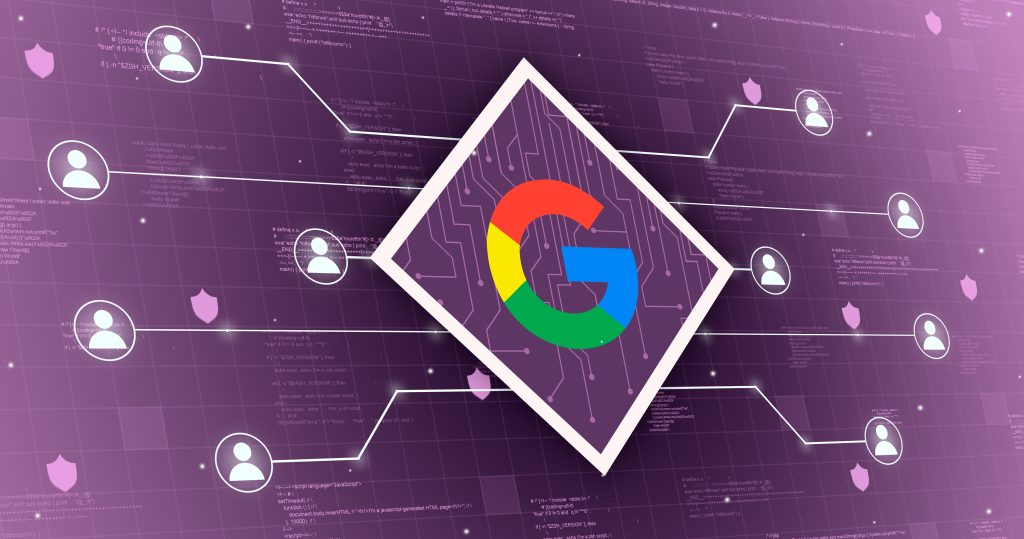Google in $1.67 Billion legal battle over AI patent infringement
The trial is expected to last two to three weeks, with a separate case also being heard in a US appeals court from the US Patent and Trademark Office regarding the validity of Singular’s patents.

Google is currently facing a high-stakes patent infringement lawsuit in front of a federal jury in Boston, where the plaintiff, Singular Computing, is demanding $1.67 billion in damages.
The case revolves around allegations that Google’s Tensor Processing Units (TPUs), which are integral to its AI capabilities, infringe on patents held by Singular Computing and its founder, computer scientist Joseph Bates. The scientist claims that he shared his computer-processing innovations with Google between 2010 and 2014 and that Google’s TPUs, particularly versions 2 and 3 introduced in 2017 and 2018, utilise his patented technology without proper licensing. Singular Computing’s lawyer, Kerry Timbers, has argued that Google replicated Bates’ technology in its TPUs, which are used across various Google services such as Google Search, Gmail, and Google Translate.
On the other hand, Google has denied these allegations, stating that its chips were independently designed and that Bates’ technology, which uses ‘approximate math,’ was not integrated into their processors. Google’s defense emphasises that their chip design is substantially different from what is described in Singular’s patents.
Google’s lawyer, Robert Van Nest, has referred to Bates as a ‘disappointed inventor’ who has repeatedly failed to persuade firms such as Meta, Amazon.com, and ChatGPT-maker OpenAI and its backer Microsoft to adopt his technology. Van Nest added that Bates’ system employed incomplete math, which might have resulted in “incorrect” calculations. He also emphasised that Google’s employees who developed the chips never met Bates.
Why does it matter?
The lawsuit carries importance in the context of the growing AI chip market, valued at $14.9 billion in 2022 and expected to expand rapidly in the coming years. The result of the trial could have consequences for the tech industry, especially as companies increasingly design their own AI chips to meet the demands of generative AI and other AI-driven applications.
Prior to the lawsuit, Singular Computing had first asked for up to $7 billion in damages, but the figure was later reduced to $1.67 billion during the trial. The trial is expected to last two to three weeks, with a separate case also being heard in a US appeals court from the US Patent and Trademark Office regarding the validity of Singular’s patents. This comes amid a number of high-profile copyright lawsuits from authors and news media organizations like the New York Times, targeting OpenAI and its financial partner Microsoft.
